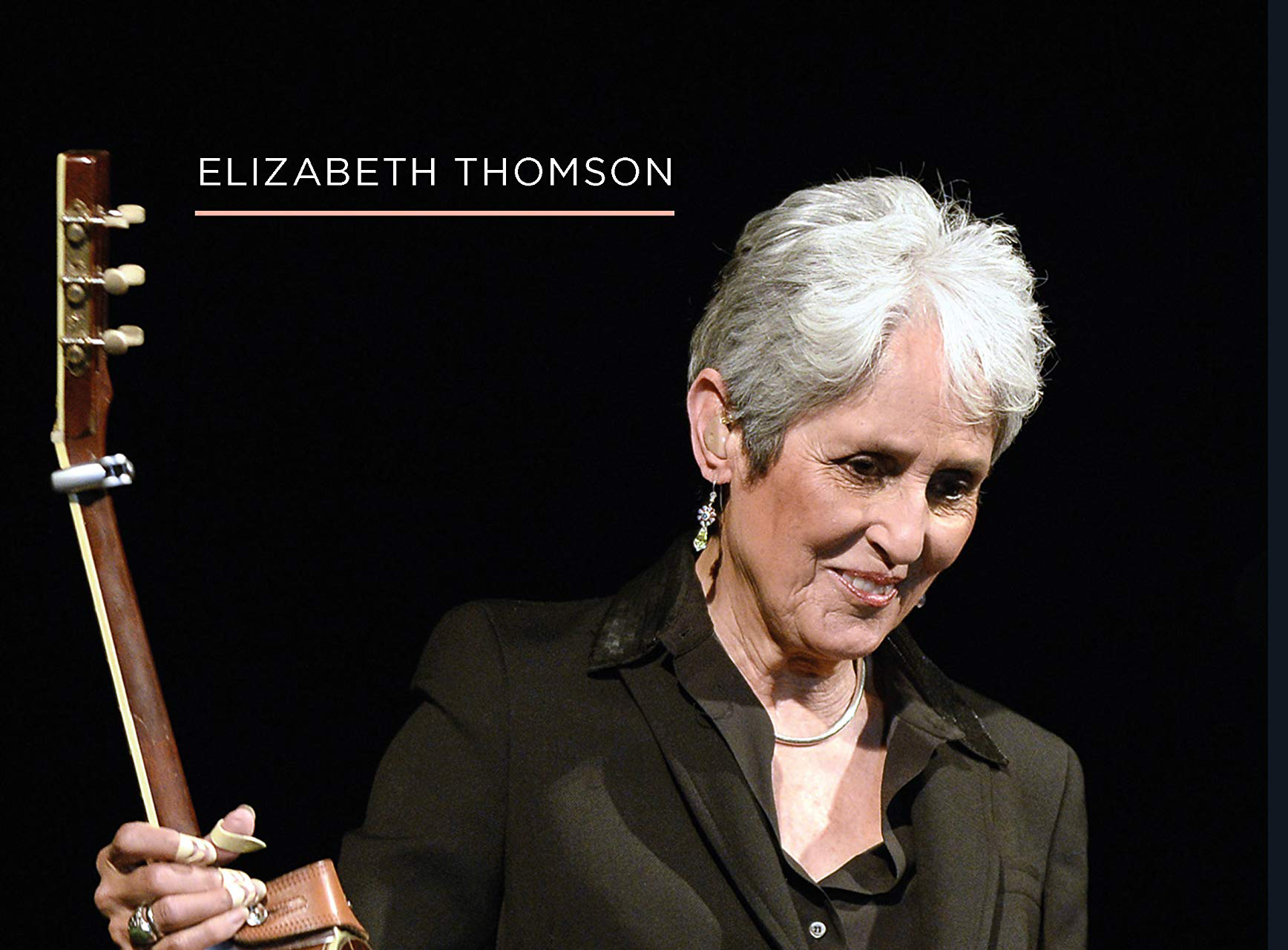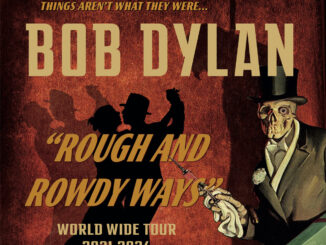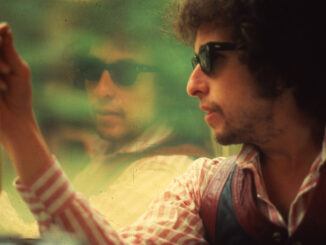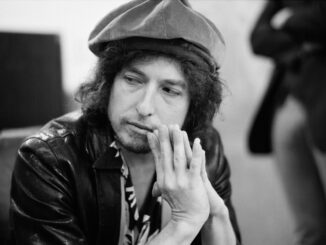
There is a well-known saying to fans in awe of their favourite musicians: “Don’t meet your heroes” or else you will be disappointed. Thomson’s experience with Joan Baez is a testament that this saying is unfounded. From first seeing Joan Baez in 1971, this biographer formed a life-long friendship with Joan. Thomson’s choice of the title The Last Leaf is promising as it is a song from Joan’s last LP released in 2018 indicating that Joan’s entire career (which began in 1959 when she played the first Newport festival) as opposed to just her collaborations with Bob Dylan in the 1960s and 1970s is worthy of being documented and celebrated.
Whilst Thomson’s first encounter with Baez was in 1971, she goes back further, discussing not just Baez’s parentage; but Joan’s entire fascinating ancestry. Joan’s grandmother is descended from the Dukes of Chandos who were patrons of the arts. George Frederic Handel composed the Chandos anthems for the first Chandos Duke James Brydges who was the Hereford MP during 1698 – 1714. Whilst known as a folk singer and associated with the folk community; Baez’s perchance for classical music was documented on Desert Island Discs when Joan chose Handel’s Messiah as one of the songs that constituted the soundtrack of her life.
With both parents being immigrants to America (her Mum from Scotland and her Dad Mexican) and “looking the most Mexican” out of her siblings; Joan was aware of being “different” from most people from a young age and often made to feel like “a dumb Mexican”. Thomson correctly asserts that things are never as they seem with Joan. It was not her mother who introduced Joan to the Ukulele but her father’s friend (and co-inventor of the X-ray Scope) Paul Kirkpatrick who gifted a young Joan with the Ukulele and helped her to learn to play it.
Thomson excitedly recalls how in the days before social media how Joan got a following playing gigs whilst at Boston University. Baez’s first regular joint was the Club 47 coffee house where she awed audiences despite often having stage fright as she sang whilst playing a Mahogany Martin acoustic guitar. Joan’s willingness and courage to travel for a two-week residency in Chicago in 1959 would not only earn her a positive review in The Chicago Tribune; it also earned her an invite to the first Newport Festival in July 1959 where the legendary Pete Seeger would also perform. From Newport festival, Joan was then signed to Vanguard Records and her debut LP (which would go gold) was released in 1960. Fame and acclaim came quickly for Baez who in 1962 sung in Carnegie Hall and made the cover of Time magazine. Despite this fame, folk traditionalists criticised Joan’s voice as being “too polished” to sing folk songs.
According to Thomson, Baez paid seldom interest in the history of the evolution of songs; instead, Baez was drawn to songs that “touched her soul”. One thing that Joan must be credited with is her ability to abide by her principles. For example, in 1963 Joan refused to appear on the TV series “Hootenanny” because the producers refuse to allow Pete Seeger to appear because of his political opinions. As America became involved in the war against Vietnam Joan refused to pay her taxes to fund it and openly and actively encourage others to follow suit.
The working relationship between Joan and Bob Dylan is discussed throughout The Last Leaf which began when they first met in 1961. Following the 1963 Newport Festival where the pair performed together in the finale; Dylan became a famous international music star. Although our biographer recalls Baez being disappointed that Dylan did seldom to help her launch her career in the UK as she helped Dylan launch his in the USA; Joan would nonetheless cover many of Dylan’s hits and even recorded a double LP entirely of his songs in 1968. Despite being unimpressed with Dylan’s comment to her in the 1970’s that she should grow her cropped her out to sell more records; Thomson seems to hint that Baez was “dissatisfied with Dylan’s lack of activism after 1965. Baez’s own activism often got her into hot waters: Joan was imprisoned on two occasions for “blocking the Armed Forces Induction Centre in Oakland and for aiding and abetting draft resisters”. The American Military banned the sale of Joan’s records from US Army base shops.
Despite Being Called “The Matron Saint of the Hippies” by Rolling Stone Magazine and performing at Woodstock in 1968 (despite being heavily pregnant with her son); Baez took a “puritanical” approach to drugs and alcohol. At Woodstock, she was terrified that the food would be “laced” with drugs. Despite Baez’s often communal living arrangements; Joan cannot realistically be considered as a hippy. Thomson correctly asserts that it was Joan’s Quaker ethics that galvanised her. Amongst Joan’s many altruistic endeavours, setting up the West Coast outpost of Amnesty International is probably one of the most poignant.
It is easy to see why Thomson is in such awe of Joan Baez. In many respects, this awe is inevitably transferred to the reader. Whilst Joan gave up touring and recording new material in 2019; Baez continues to fight for her causes. Joan was also musically diverse having worked with bands as diverse as the Grateful Dead to New Kids on the Block. She also joined forces with “England’s Bard of Barking”: Billy Bragg in 2003 for the Concert for a Landmine Free World.
Thomson definitely succeeds in presenting Joan Baez not just as an accomplished folk singer, but as a brave and selfless lady who continues to actively campaign for causes and advocate peace and non-violence. Occasionally Thomson potentially overestimates the amount of knowledge interested readers would have about political events such as those surrounding the 1960’s. A separate section in the appendix would have been useful. Nonetheless, Joan’s relationship with Martin Luther King Jr, which began in 1958 and Joan’s 1963 performance at the March on Washington is superbly documented.
Thomson through The Last Leaf has undoubtedly ensured that Joan Boaz will have a long-lasting legacy, although Thomson herself is likely to come up against criticism by some for saying Joni Mitchell “can’t hold a candle to Baez”.





Be the first to comment